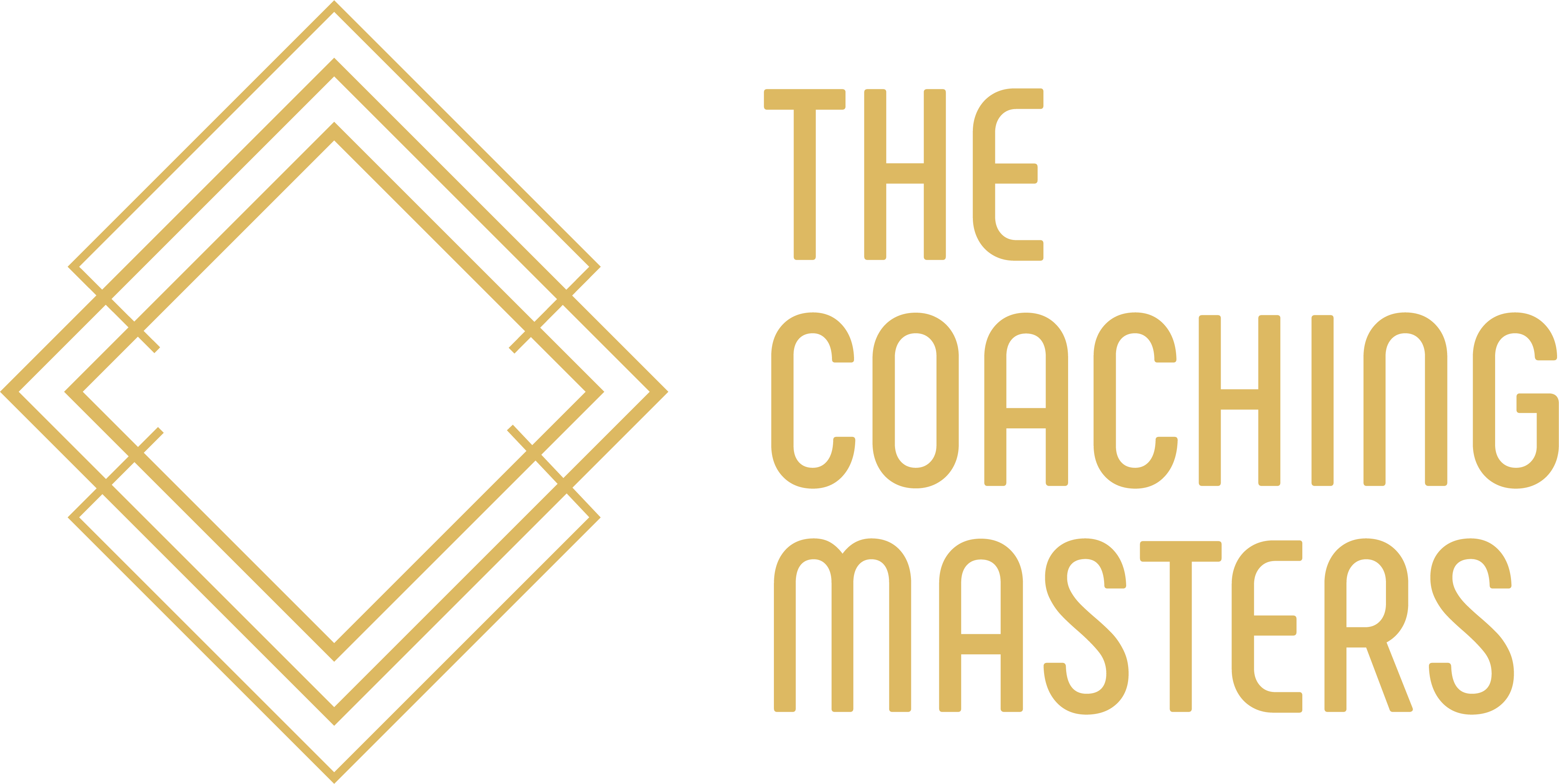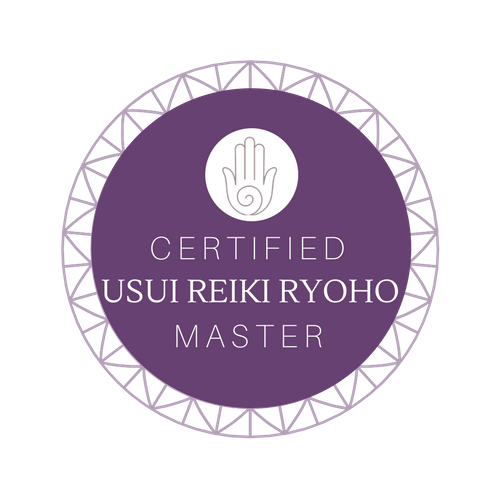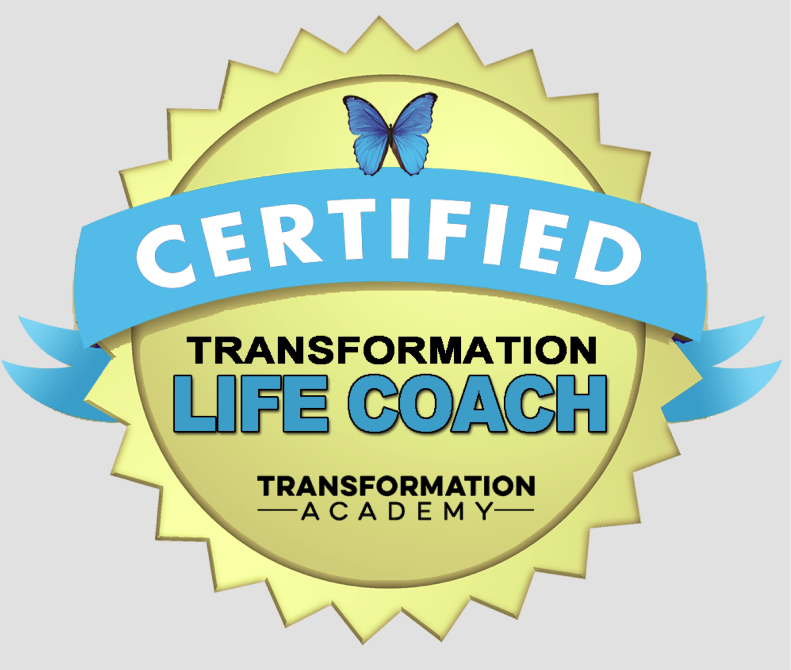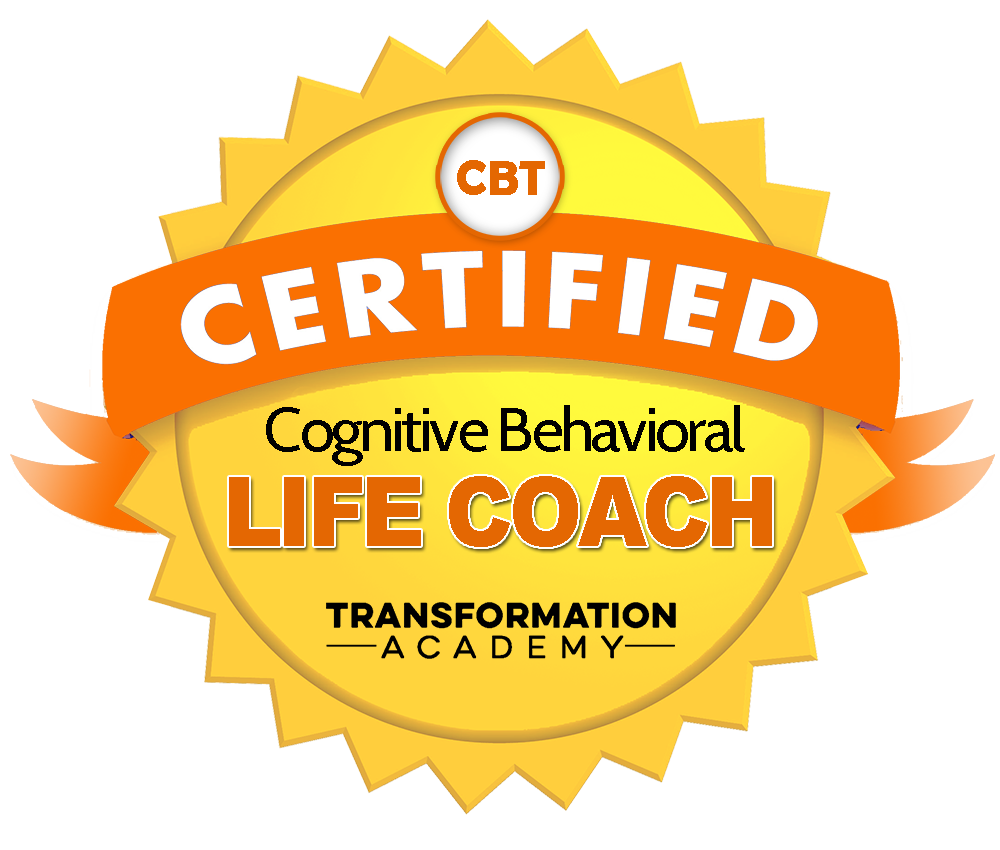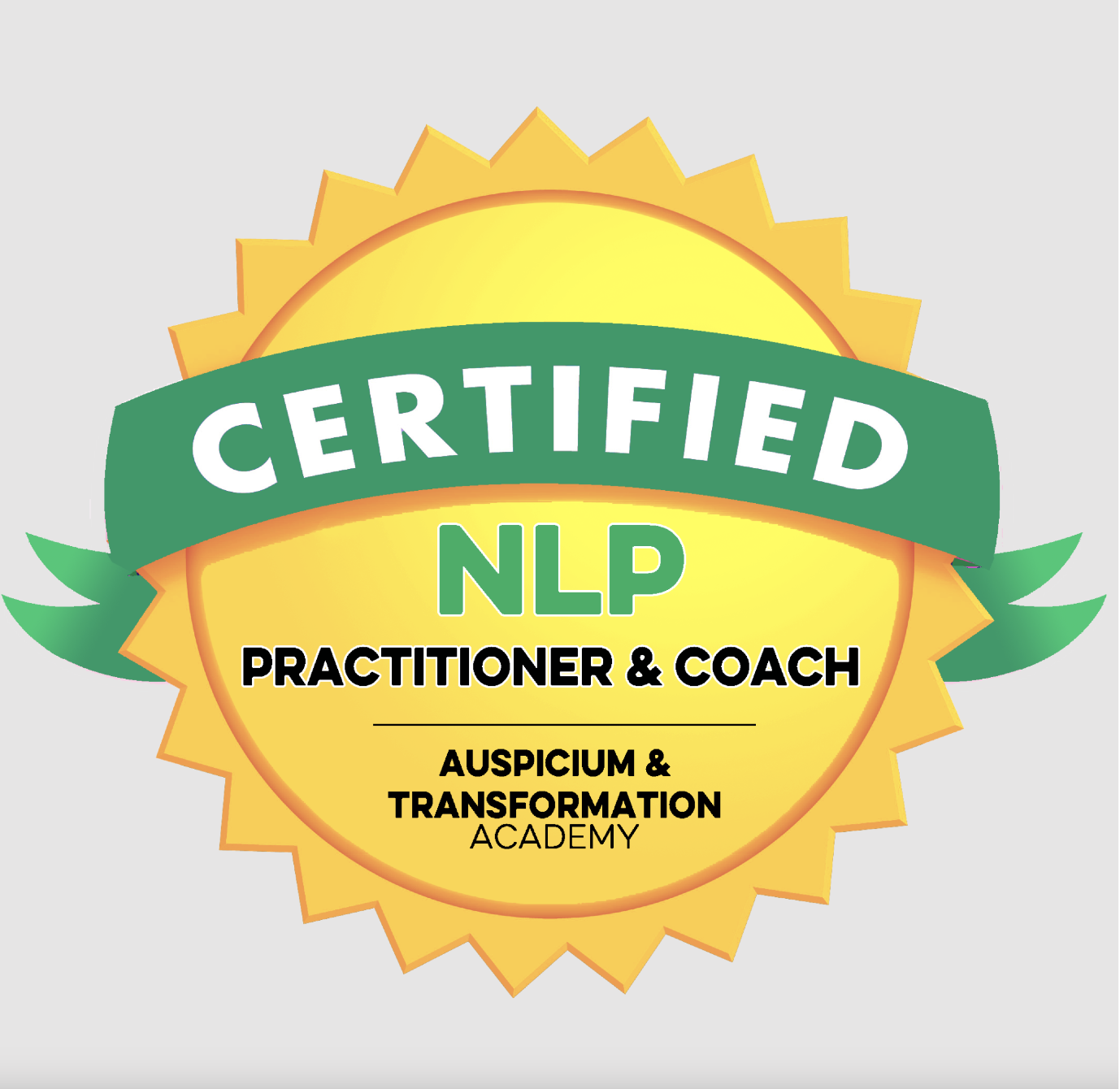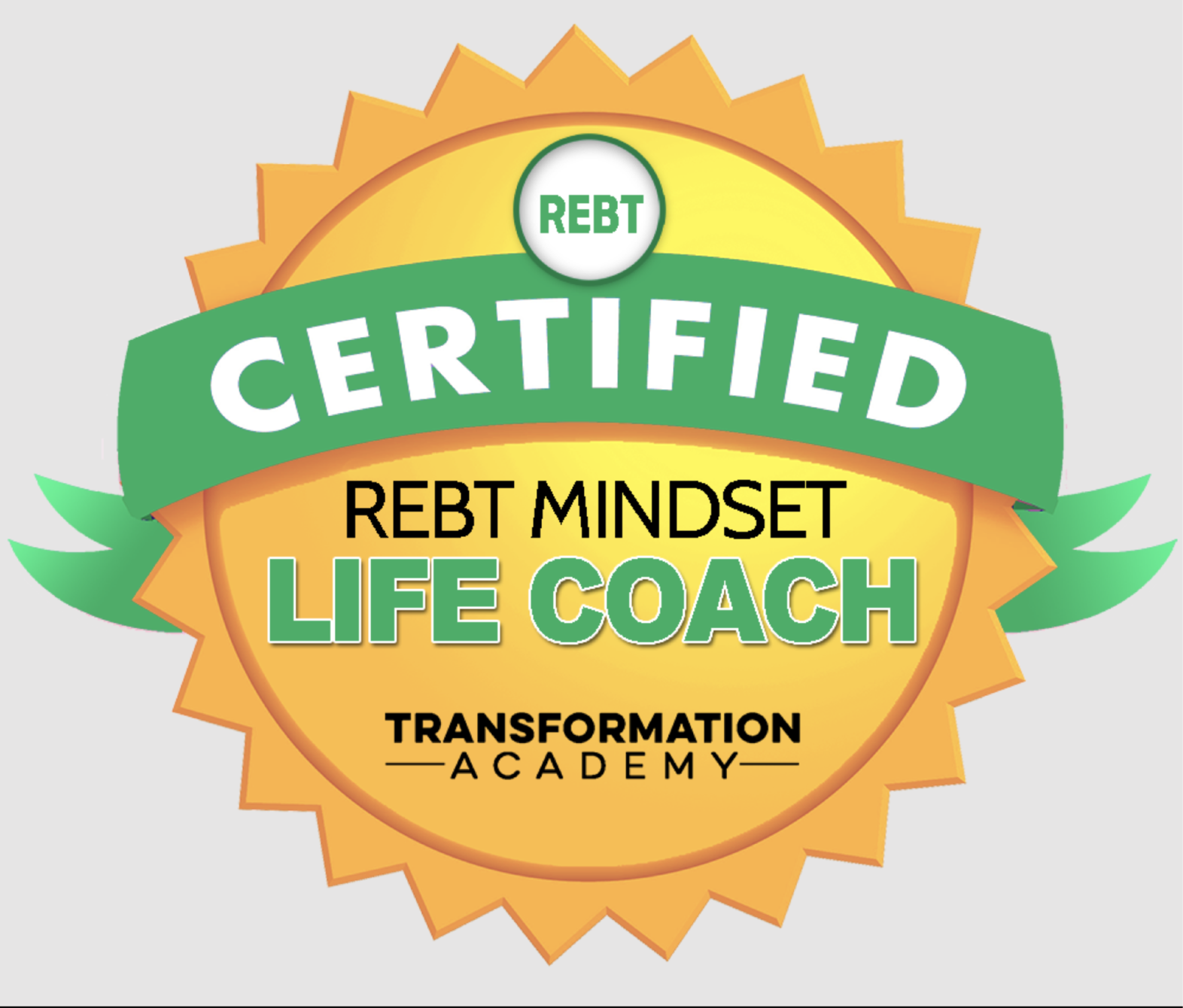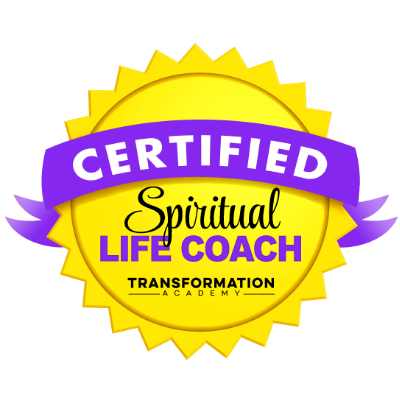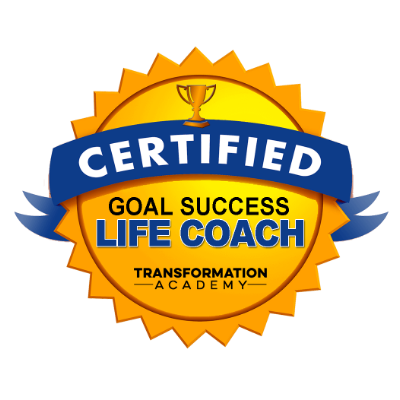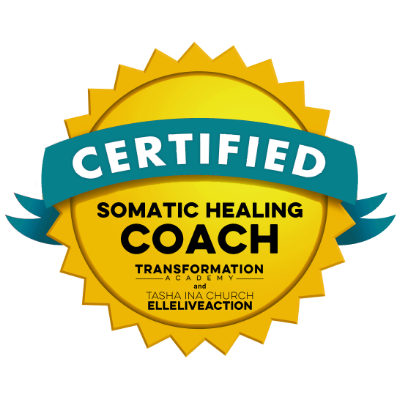What Are Limiting Beliefs and How Do They Hold You Back?

Limiting beliefs are mental barriers that hold you back from achieving your true potential. These beliefs, often rooted in fear or past experiences, become so ingrained in your mind that they dictate your thoughts, actions, and ultimately, your results in life. Whether you realize it or not, these beliefs shape how you view yourself, your abilities, and the world around you. In this post, we’ll explore what limiting beliefs are, how they form, and the various ways they sabotage your personal growth and success. Most importantly, we'll look at ways you can begin to break free from their grip.
What Are Limiting Beliefs?
Limiting beliefs are assumptions or convictions you hold about yourself or life that restrict you in some way. They create a mental ceiling, capping your potential and making you believe that you are not capable of achieving certain things. These beliefs are usually negative and self-defeating, and they can appear in any area of life—relationships, career, health, finances, and personal development.
Some common limiting beliefs include:
- “I’m not smart enough to succeed.”
- “I don’t deserve love.”
- “I’m too old to start something new.”
- “I’m bad with money.”
- “I can’t change; this is just the way I am.”
These are not objective truths but rather perceptions that cloud your thinking. What’s dangerous about limiting beliefs is that they often operate subconsciously. You may not even be aware that a particular belief is dictating your actions—or lack thereof—until you take a step back and examine your mindset.
How Limiting Beliefs Form
Limiting beliefs typically stem from past experiences, societal conditioning, and the influence of people around you. Let’s break down some of the primary sources:
- Early Childhood Experiences: Many of your core beliefs are formed during childhood when your mind is most impressionable. If you grew up in an environment where you were constantly criticized or faced unrealistic expectations, it’s easy to internalize feelings of inadequacy. For example, if you were frequently told as a child that you were “not good at math,” you might carry that belief into adulthood, preventing you from pursuing careers that require mathematical skills.
- Traumatic Events: Significant life experiences, particularly negative or traumatic ones, can embed deep-seated limiting beliefs. A person who faced a painful rejection may start believing they are “unlovable” or “not worthy of affection.” Similarly, a business failure can convince someone they are “not meant for success,” even when the failure was a result of external factors beyond their control.
- Cultural and Societal Expectations: Society imposes certain norms and expectations that can limit your thinking. Gender roles, cultural expectations, and societal definitions of success often shape your beliefs about what is possible or acceptable for you to achieve. For instance, some cultures promote the idea that men should be the breadwinners, making some women believe they are less capable of financial independence, even though that is far from the truth.
- Influence of Authority Figures: Teachers, parents, and other authority figures play a significant role in shaping your belief system. If someone in a position of power regularly dismissed your ideas or criticized your abilities, you may develop a belief that your opinions are not valuable or that you’re incapable of achieving great things.
The Impact Of Limiting Beliefs On Your Life
Limiting beliefs can have a profound impact on various aspects of your life. Here are some of the ways they hold you back:
- Self-Sabotage: Limiting beliefs often manifest as self-sabotage, where you subconsciously undermine your own efforts. For example, if you believe that you don’t deserve success, you may procrastinate on important tasks, fail to follow through on goals, or avoid opportunities for growth. This self-defeating behavior creates a vicious cycle where your actions—or lack thereof—confirm the limiting belief, reinforcing its power over you.
- Fear of Failure (or Success): Limiting beliefs breed fear—whether it’s the fear of failure or, in some cases, the fear of success. If you believe you’re not capable or deserving of achieving your dreams, you might avoid taking risks or trying new things altogether. This fear-based thinking keeps you stuck in your comfort zone, where nothing changes, and personal growth is stunted.
- Limiting Career and Financial Growth: Limiting beliefs can severely impact your professional life and financial well-being. Beliefs like “I’m not a leader” or “I’m bad with money” can prevent you from taking on leadership roles, asking for a raise, or starting your own business. Over time, these beliefs contribute to a lack of career progression and financial stability, limiting your potential to achieve financial freedom or personal fulfillment.
- Strained Relationships: Limiting beliefs don’t just affect your relationship with yourself; they can also impact your relationships with others. For instance, if you believe that you’re not lovable or worthy of a healthy relationship, you may settle for less than you deserve, avoid intimacy, or tolerate toxic behaviors in relationships.
- Health and Well-Being: Your mental and physical health can also suffer due to limiting beliefs. If you believe that you’re not capable of maintaining a healthy lifestyle, you might neglect self-care, ignore your body’s needs, or engage in unhealthy habits. This mindset can lead to stress, burnout, and physical health issues over time.
How To Break Free From Limiting Beliefs
- The good news is that limiting beliefs can be changed. While they may be deeply ingrained, they are not set in stone. Here’s how you can start to dismantle these mental barriers:
- Identify Your Limiting Beliefs: The first step in overcoming limiting beliefs is to identify them. Reflect on the areas of your life where you feel stuck or unfulfilled and ask yourself, “What beliefs do I hold that might be keeping me here?” Pay attention to your inner dialogue, especially when you’re faced with challenges. Common phrases like “I can’t,” “I’m not,” or “I don’t deserve” are often clues to limiting beliefs.
- Challenge Your Beliefs: Once you’ve identified a limiting belief, question its validity. Ask yourself, “Is this belief based on fact, or is it a perception I’ve developed over time?” Challenge the belief by gathering evidence to the contrary. For instance, if you believe you’re not good enough, remind yourself of past successes or positive feedback you’ve received.
- Replace Negative Beliefs with Empowering Ones: To truly overcome limiting beliefs, you need to replace them with positive, empowering ones. Instead of thinking, “I’m not good enough,” try reframing it as, “I am capable of learning and improving.” Positive affirmations and visualization techniques can help reinforce these new beliefs over time.
- Take Action: Breaking free from limiting beliefs requires action. Start small by setting achievable goals that align with your new, empowering beliefs. As you begin to experience success, your confidence will grow, making it easier to challenge and overcome other limiting beliefs.
- Surround Yourself with Positive Influences: The people around you can either reinforce or challenge your limiting beliefs. Surround yourself with individuals who uplift, encourage, and believe in your potential. Their positivity can help you shift your mindset and reinforce the new beliefs you’re working to cultivate.
In Summary
Limiting beliefs are like invisible chains that hold you back from reaching your full potential. By identifying these beliefs, challenging their validity, and replacing them with empowering thoughts, you can break free from their constraints and begin living the life you deserve. Remember, you are not defined by your past experiences or negative thoughts. With the right mindset, anything is possible. All it takes is a willingness to challenge the beliefs that are no longer serving you.
My Affirmation For The Week
"Creativity is contagious. Pass it on."
